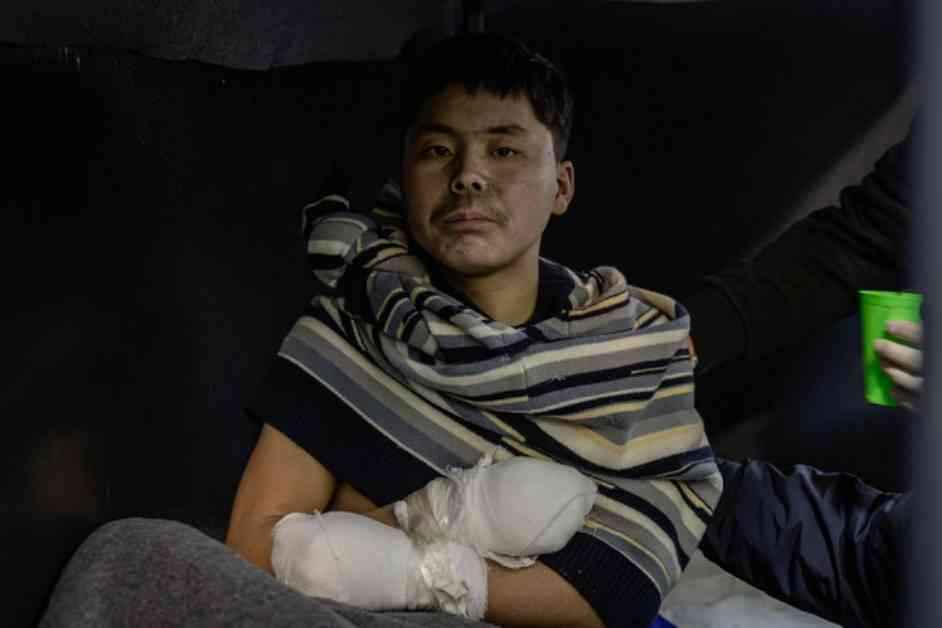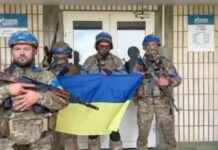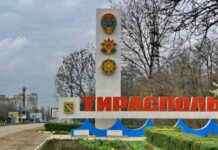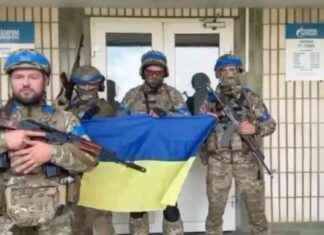The Captured Soldiers
Ukrainian forces have made a groundbreaking discovery, capturing the first North Korean (DPRK) soldiers found fighting alongside Russian troops in the Kursk region. President Volodymyr Zelensky announced this major development on Saturday, Jan. 11, via Telegram. The soldiers were taken into custody by Ukrainian troops and are currently cooperating with the Security Service of Ukraine (SBU) in Kyiv.
Challenging Capture
Acknowledging the difficulty of the operation, Zelensky highlighted the common practice of Russian and DPRK troops eliminating their wounded comrades to conceal North Korea’s involvement in Russia’s war against Ukraine. The 84th Tactical Group of the Special Operations Forces (SSO) and paratroopers were commended for their role in the successful capture of the soldiers.
International Implications
Emphasizing the importance of international visibility, Zelensky instructed the SBU to grant journalists access to the prisoners, stating that the world must witness the ongoing events. The prisoners, held in Kyiv under international law-compliant conditions, have brought to light irrefutable evidence of DPRK’s role in Russia’s aggression against Ukraine.
Insights into the Soldiers
Despite the language barrier, Korean translators, aided by South Korea’s National Intelligence Service (NIS), are facilitating communication with the captives. One soldier carried a Russian-style military ID issued in Tuva, Russia, while the other lacked documentation. The soldiers’ testimonies shed light on their roles and experiences within the DPRK military and Russian coordination efforts.
In the ever-evolving conflict in the Kursk region, Ukrainian forces continue to face off against Russian troops, supported by DPRK soldiers, as they seek to regain control of seized territories. The capturing of North Korean soldiers marks a significant development in the conflict, underscoring the complex dynamics at play in the ongoing war. As the world watches closely, the fate of these prisoners and the broader implications of their capture remain at the forefront of international attention.

















